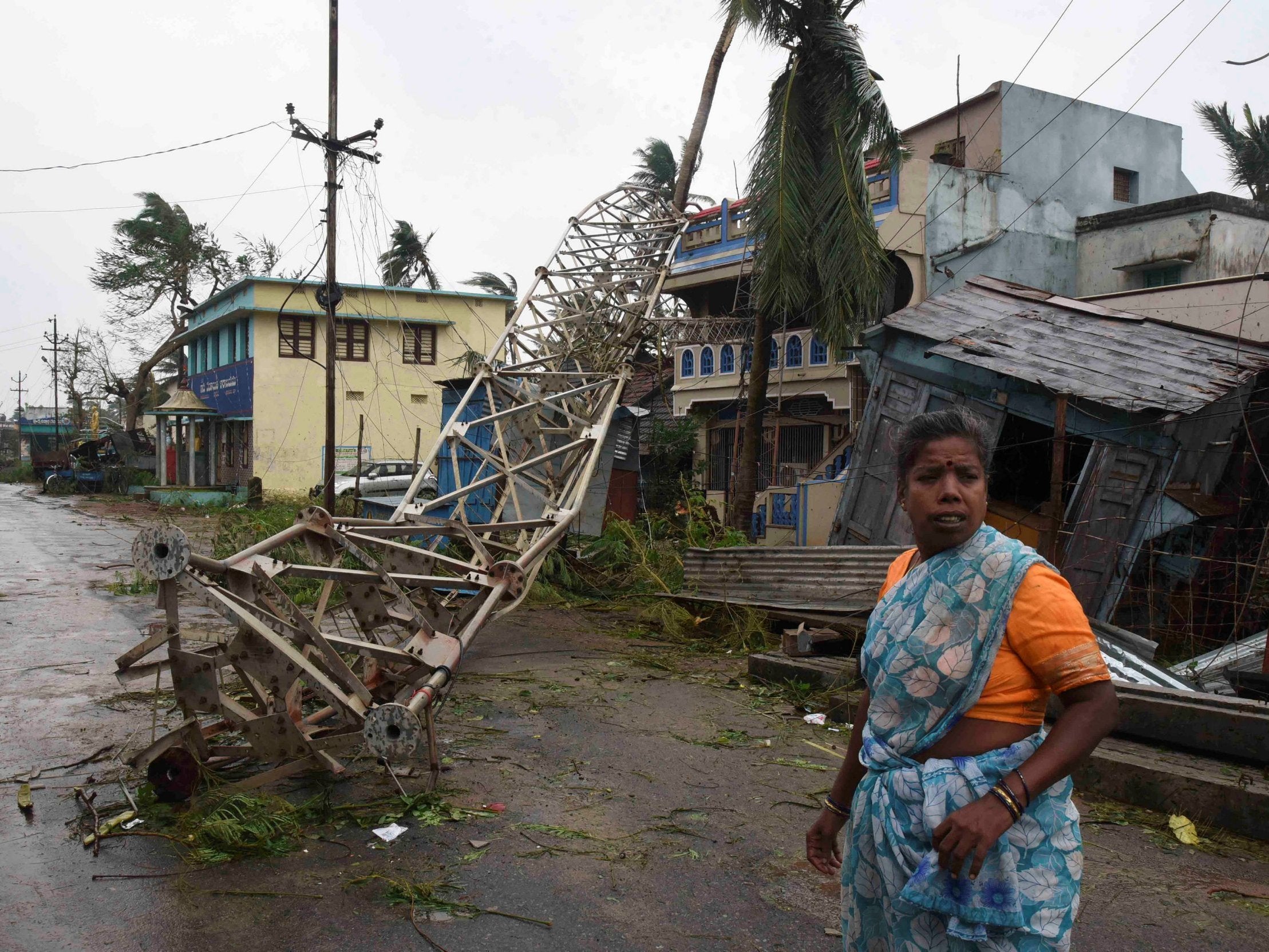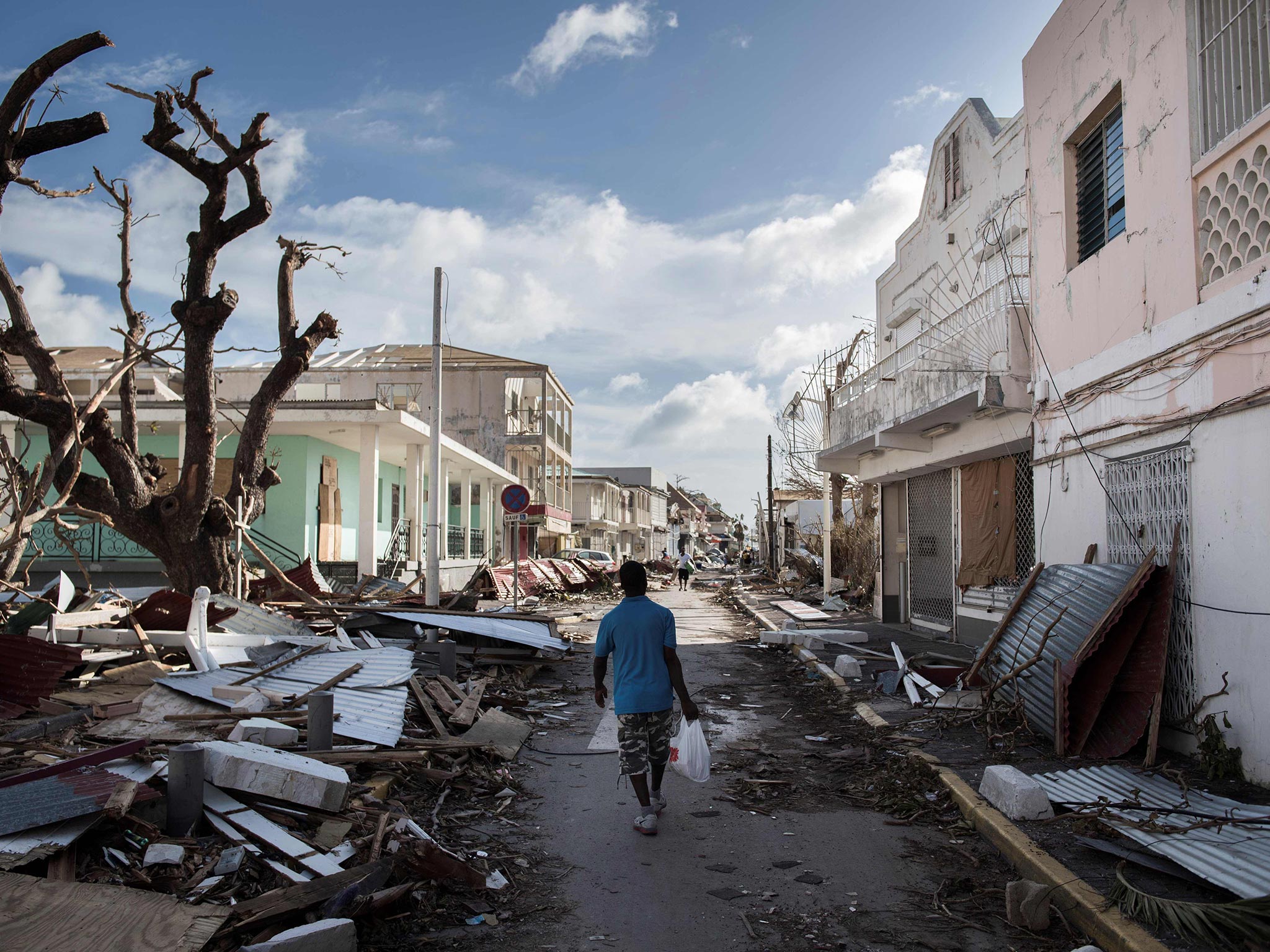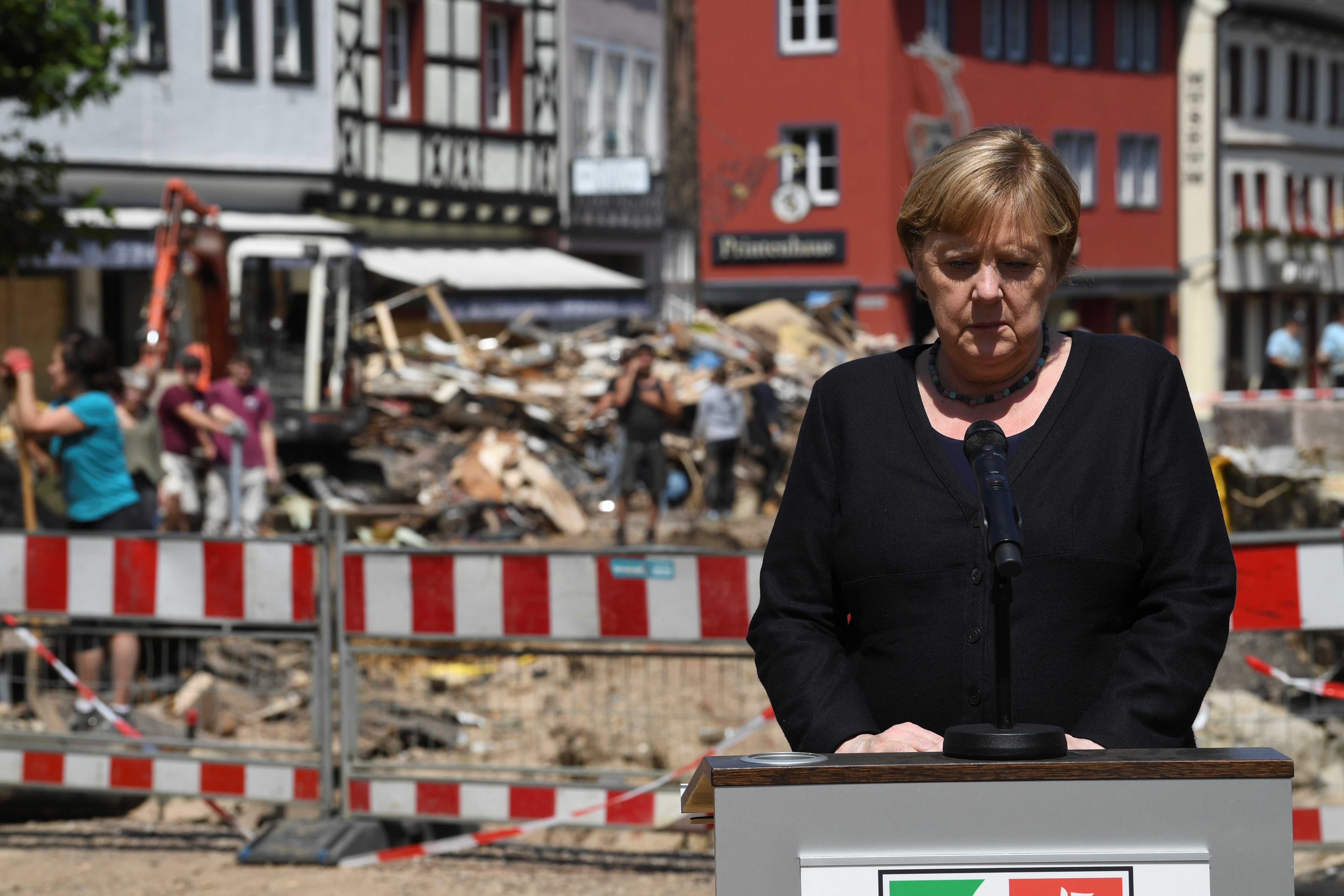Paying for pollution: The case for climate reparations
The world’s poorest are already feeling the impacts of the climate crisis. As the Cop26 summit looms, Daisy Dunne explores whether wealthier countries, that got rich by burning fossil fuels, have a responsibility to compensate those at the forefront of the crisis


Your support helps us to tell the story
From reproductive rights to climate change to Big Tech, The Independent is on the ground when the story is developing. Whether it's investigating the financials of Elon Musk's pro-Trump PAC or producing our latest documentary, 'The A Word', which shines a light on the American women fighting for reproductive rights, we know how important it is to parse out the facts from the messaging.
At such a critical moment in US history, we need reporters on the ground. Your donation allows us to keep sending journalists to speak to both sides of the story.
The Independent is trusted by Americans across the entire political spectrum. And unlike many other quality news outlets, we choose not to lock Americans out of our reporting and analysis with paywalls. We believe quality journalism should be available to everyone, paid for by those who can afford it.
Your support makes all the difference.The summer of 2021 saw a run of record-breaking and devastating extreme weather events across the globe – with hurricanes, floods, wildfires and heatwaves dominating front pages from June until September.
Rapid research has found that the rains behind the floods in Europe in July, which killed more than 200 people in Germany and Belgium, were made up to nine times more likely by the climate crisis. And record-shattering heat in North America in June, which forced thousands to seek refuge in “cooling shelters” across the western US and Canada, was made at least 150 times more likely by the climate crisis.
The worsening of many types of extreme weather events is one of the most tangible examples of “loss and damage”, a term that has come to be used to describe the inevitable consequences of the climate crisis.
“Until now, we have been thinking of climate change because of human emissions of greenhouse gases into the atmosphere as something that will happen in the future, which we can prevent by reducing emissions or adapt to,” Prof Saleemul Huq, director of the International Centre for Climate Change and Development (ICCCAD) in Bangladesh, tells The Independent.
“Unfortunately, we’ve not done enough of either – and we now have very clear evidence that human-induced climate change is causing impacts to become much more severe.
“So this takes us into the realm of what we call ‘loss and damage’ from human-induced climate change, as opposed to the ‘loss and damage’ from purely natural events that we had in the past.”
We believe, from the vulnerable countries perspective, that the global community should provide whatever they can to support the victims of human-induced climate change
The loss and damage caused by the climate crisis can be caused by slow-moving dangers, such as sea-level rise and drought, as well as sudden events like extreme weather disasters. Countries facing the highest risks tend to be those in the developing world, such as low-lying small island states.
Understanding what specific losses and damage can be attributed to the climate crisis can be a challenge.

However, recent scientific advances, including a landmark report from the Intergovernmental Panel on Climate Change (IPCC), have helped to address this issue.
The report, produced by 234 scientists in 66 countries, reflects major progress in the field of “attribution science” – the study of how human-caused global heating is influencing the severity and frequency of extreme weather events.
Among the report’s stark conclusions, it says that “human-induced climate change is already affecting many weather and climate extremes in every region across the globe”.
“I think there is strong recognition in the science community that attribution science is robust. The fact that [it has been embraced] in the most recent IPCC report adds additional credibility,” Rupert Stuart-Smith, a PhD student researching attribution science and liability at the University of Oxford, tells The Independent.
Though there has been progress in understanding the loss and damage caused by the climate crisis, the question of who should pay for them remains a thorny topic.
For decades, the world’s most vulnerable nations have tried to push for richer nations to accept liability and pledge funding to help them deal with the loss and damages caused by the climate crisis.
However, developed nations – which are responsible for the vast amount of greenhouse gas emitted since the start of the industrial era – have so far resisted the calls.
“We believe, from the vulnerable countries’ perspective, that the global community should provide whatever they can to support the victims of human-induced climate change,” says Prof Huq.
“A good example of that was when the recent flash floods in Germany killed nearly 200 European citizens. The German chancellor Angela Merkel visited the flooded areas and immediately found €500 million to compensate her own citizens for the loss and damage they suffered from climate change.
“We’re just saying, how about the rest of the world?”

In 2013, an international framework to address loss and damage in developing countries, known as the Warsaw International Mechanism, was established at the Cop19 UN climate conference in Poland.
Two years later, a mention of loss and damage was included in the landmark Paris Agreement. However, developed nations insisted on including a clause to state the addition “does not provide a basis for any liability or compensation”.
The Warsaw International Mechanism was reviewed by negotiators in 2019 at Cop25 in Madrid, at which time developing nations called for it to be strengthened to include pledges of additional finance from developed countries.
However, countries failed to reach a consensus – and the issue is set to come up for discussion again at Cop26, the UK-hosted conference taking place in Glasgow in just a few days’ time. Any fresh hope for climate financing has already been dealt a blow after new research showed that a long-promised pledge to deliver a $100bn climate crisis fund will not be delivered until 2023 – three years late.
“We’re hoping to see the rich countries step up to the plate and offer funding for loss and damage,” says Prof Huq.
“It does not have to be in the form of compensation, we have given up the claim of compensation in the Paris Agreement. It can be in the form of solidarity.”
He does not expect a new international agreement on funding for loss and damage to be agreed at Cop26.
“Maybe a small handful of rich countries can simply step up and say they will provide, in the spirit of solidarity, funds to help people deal with the loss and damage,” says Prof Huq.
He added that, as hosts of the conference, the UK should be spearheading efforts to secure more funding for climate-vulnerable countries.
“[The UK] has heard our message loud and clear and we hope that it is taken on board – and persuade at least a few countries who hope to see positive movement at Cop26 to also take it up,” he adds. “We have high expectations of the UK presidency fulfilling that expectation.”
A UK Cop26 spokesperson did not respond to a request to comment on loss and damage when approached by The Independent.

Join our commenting forum
Join thought-provoking conversations, follow other Independent readers and see their replies
Comments